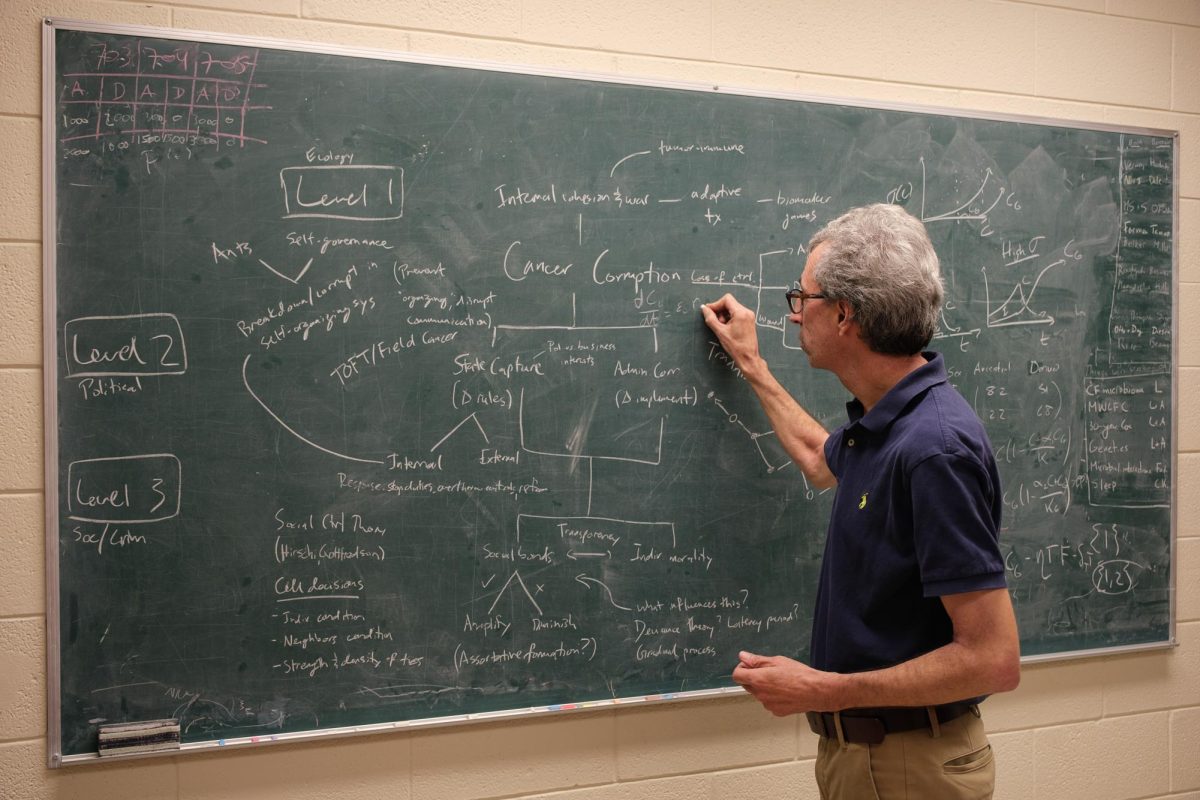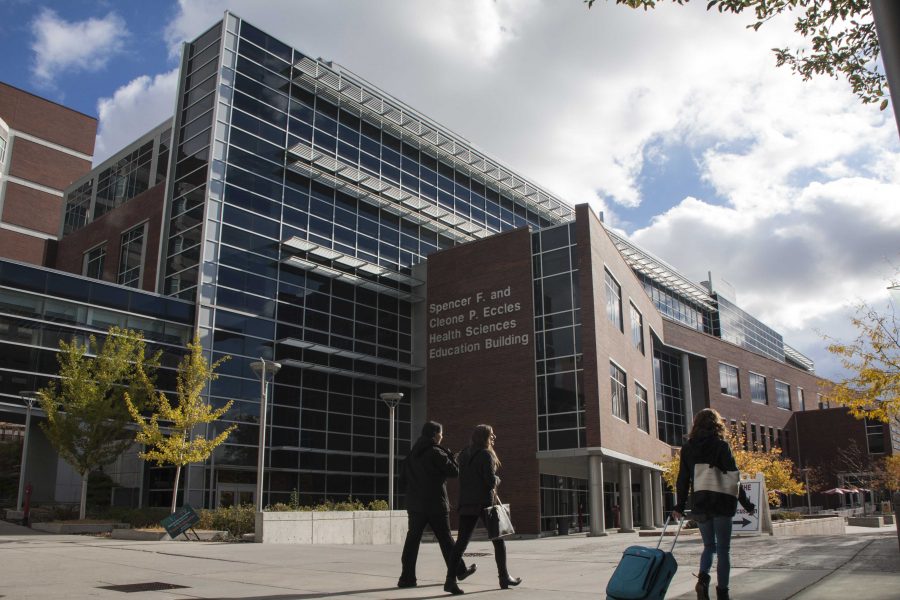It is no secret that medical school is expensive, but the U is looking for a way to challenge that standard.
The U’s School of Medicine recently received a $75,000 grant from the American Medical Association to start a new project to determine the costs of medical school. Sara Lamb, associate dean of curriculum for the School of Medicine, helped develop the idea with Janet Lindsley, assistant dean for foundational science curriculum.
“We’re aiming to really define value,” Lamb said. “What gives you the biggest bang for your buck? What should we all be doing?”
From there, the U will collaborate with 20 other medical schools, which are all part of the association’s national consortium, created to investigate some of healthcare’s biggest problems. According to a report from the Association of American Medical Colleges, students graduating with medical degrees in 2014 had an average debt of $180,000. Medical students in the United States pay a median annual cost of $34,500. The U is on the low end of the spectrum.
To uncover the costs, the school will use a tool developed by Vivian Lee, dean of the School of Medicine and senior vice president for health sciences. This tool, Value Driven Outcomes, defines clinical costs and will help determine professional and faculty costs of medical education.
Lamb has seen changes in the program during her time at the U, and as healthcare continues to alter, she hopes medical education will keep up.
“Everybody is changing their curricula because we’re recognizing that what was delivered five, 10 or 20 years ago is no longer meeting the needs of the public and meeting the needs of the healthcare system,” she said.
Spencer Black, a fourth-year medical student, said the U does a good job of staying on top of those changes and incorporating them into the curriculum. When Black completes his degree, he will have paid about $120,000 in tuition, but he said the expensive cost is an accepted part of medical school.
“The first two years are very long, and there’s a lot of book work, but you kind of need it,” Black said. “With that background, when you get in the clinics you definitely learn a lot faster.”
The grant money the school obtained will also be used to evaluate the medical school’s educational system, focusing on what is necessary in the first two years and how that can be done most effectively.
The end goal of this three-year grant is a pilot program that will be significantly different from the current curriculum. That will mean a quicker timeframe for graduation and a decreased cost for students.
Lamb said it is a constant battle to know how to prepare students for the dynamic medical field. Graduates need to have a broad skill set, and medical education literature frequently comes up with new ideas to revolutionize the system. Weighing costs and benefits, her hope is that schools are preparing their graduates in the correct way.
“When students end up in residency programs, you have a direct, real impact on patients the very first day,” she said. “You’re a doctor now. You have the power to hurt people and the power to make really costly, bad decisions … we want people to be ready.”
@carolyn_webber
















